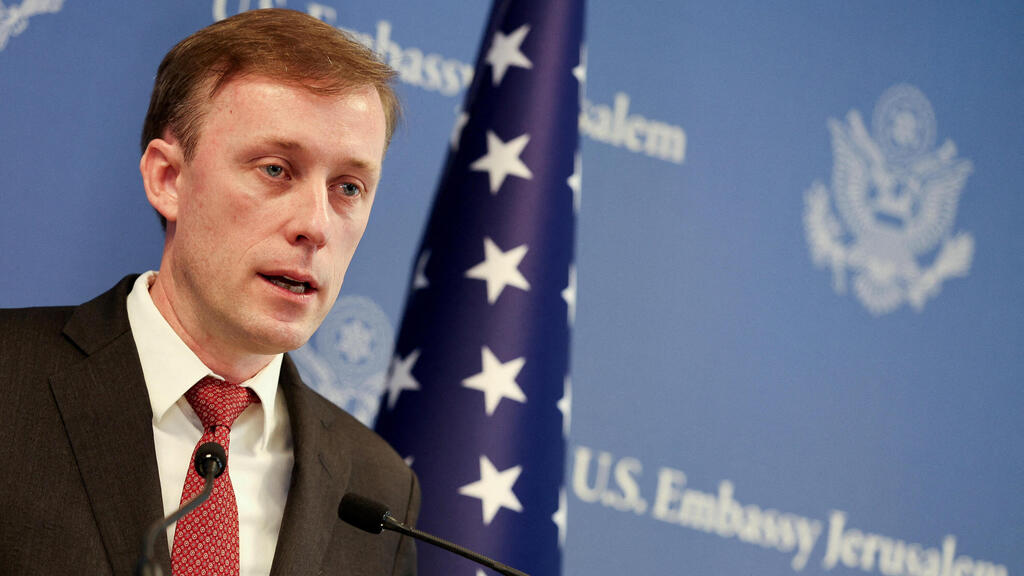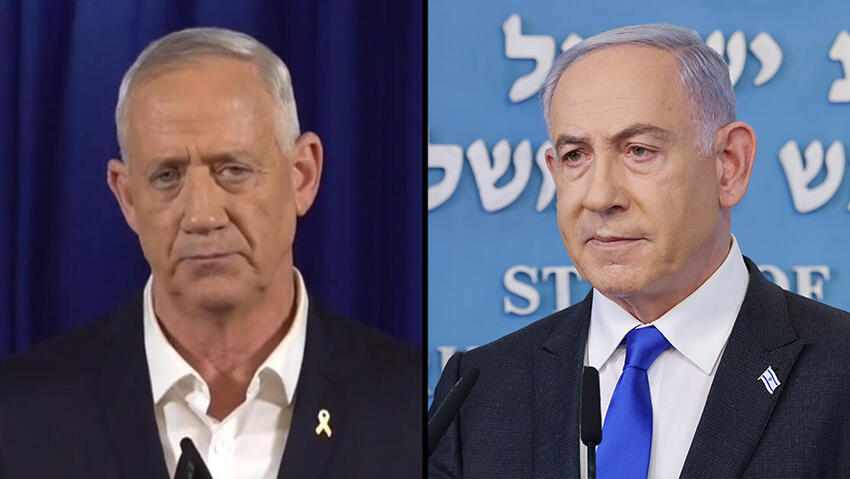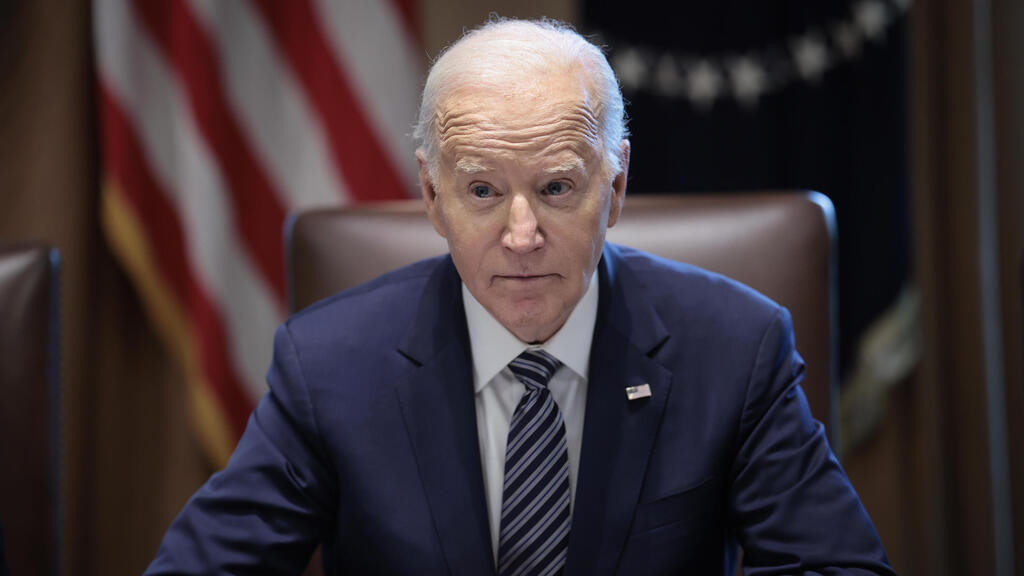Getting your Trinity Audio player ready...
U.S. National Security Adviser Jake Sullivan arrived in Israel on Sunday directly from Riyadh, the capital of Saudi Arabia, and kicked off his visit with a meeting with Prime Minister Benjamin Netanyahu. However, Netanyahu had already disappointed him before his arrival.
The Prime Minister's Office response to Minister Benny Gantz’s statements, completely rejected a two-state solution, just as Saudi Arabia is seeking some statement about the issue from Netanyahu as part of the negotiations for normalization that would leave the door open to this possibility. "It's as if Netanyahu refused Sullivan before he even arrived," said sources who spoke with the senior adviser in recent days.
The sources were impressed by Sullivan's view that his visit is dramatic and that, from Washington's perspective, this might be the last opportunity to forge a normalization agreement between Israel and Saudi Arabia.
The two main challenges now are reaching an agreed definition of the end of the fighting in Gaza and a positive public statement from Netanyahu regarding the future of a Palestinian state. Without these two things, the sources said, the agreement will be stalled for a long time.
"If we miss this opportunity, we’ll find ourselves with a big problem, and international public opinion is not in Israel's favor," Sullivan reportedly said in private conversations. He added: "[Yhaya] Sinwar is beating us left and right."
Sullivan’s message is that Israel has a strategic need to say "yes," so that the U.S. will then be able to engage Egypt and Qatar in the effort. Without Israel's understanding that it is part of the international "game," it will be very difficult to achieve a breakthrough in the talks.
"Look at April 13," Sullivan said, referring to the night of the massive Iranian rocket and missile attack on Israel. "The countries in the region maintained the Israeli strategy and defended it from Iran. Choose this path and, if you agree, we’ll know how to calm the fighting on the northern border." According to Sullivan, any other alternative is worse. "What’s the other option? Military rule in Gaza or another worse alternative. Hezbollah is only increasing its attacks and isn’t deterred."
At the same time, the Americans are also seeking a breakthrough in negotiations for a hostage deal and wish to keep the Qatari channel open for this purpose. U.S. Special Envoy for Hostage Affairs Roger Carstens will arrive in Qatar on Sunday for discussions on this issue. Carstens had a long phone call early Sunday with Israel's Coordinator for the Captives and the Missing, Brigadier General (res.) Gal Hirsch.
His deputy, Stephen Gillen, will arrive in Israel this week to work with Hirsch, and Carstens may visit Israel himself at a later date. For the Americans, maintaining active mediation channels and keeping the return of the hostages on the agenda is of great importance.
Sullivan also will meet with government ministers Benny Gantz and Yoav Gallant, President Isaac Herzog, and his counterpart, National Security Council (NSC) head Tzachi Hanegbi.
Another point that Sullivan likely will address during his visit is the U.S.’s desire to avoid a large-scale operation in Rafah, while Israel continues to publicly declare its determination to dismantle Hamas brigades in the Palestinian border city.






